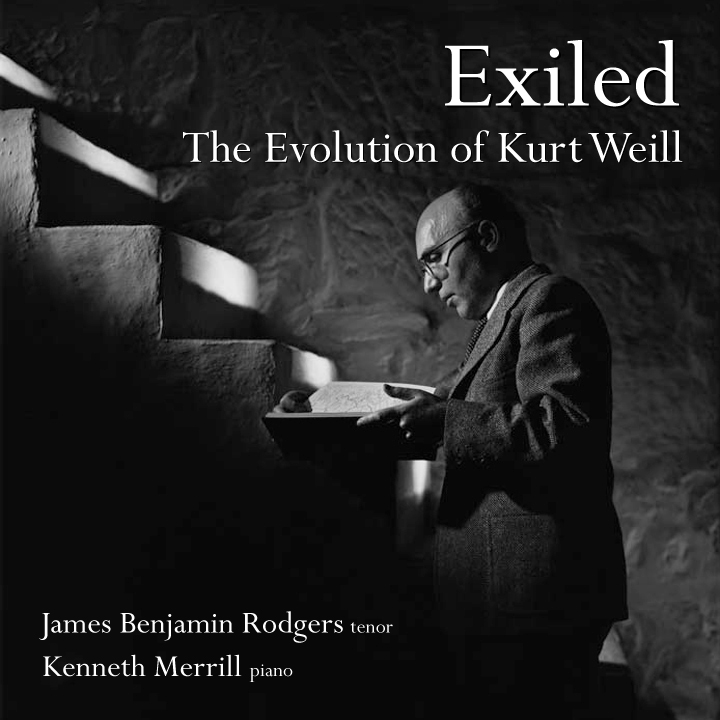text by Roger Fernay
- French
- English
Original Text
C'est presque au bout du monde
Ma barque vagabonde
Errante au gré de l'onde
M'y conduisit un jour
L'île est toute petite
Mais la fée qui l'habite
Gentiment nous invite
A en faire le tour
Refrain:
Youkali, C'est le pays de nos désirs
Youkali, C'est le bonheur, c'est le plaisir
Youkali, C'est la terre où l'on quitte tous les soucis
C'est, dans notre nuit, comme une éclaircie
L'étoile qu'on suit, C'est Youkali
Youkali, C'est le respect de tous les voeux échangés,
Youkali, C'est le pays des beaux amours partagés,
C'est l'espérance Qui est au coeur de tous les humains,
La délivrance Que nous attendons tous pour demain
Youkali, C'est le pays de nos désirs
Youkali, C'est le bonheur, c'est le plaisir
Mais c'est un réve, une folie,
Il n'y a pas de Youkali!
Et la vie nous entraîne
Lassante, quotidienne
Mais la pauvre âme humaine
Cherchant partout l'oubli
A pour quitter la terre
Su trouver le mystère
Où nos rêves se terrent
En quelques Youkali....
Refrain
Text by Roger Fernay
Translation
It was to the end of the world
my vagabond boat
rocking at the oceans will
led me one day.
It's a small island,
but the fairy that lives there
kindly invites us
to take a tour.
Refrain:
Youkali, it is the land of our desires.
It means joy and pleasure,
Youkali, it is the land where you leave your cares behind
It is, in the night, like a beacon,
A start that we follow, that is Youkali
Youkali, it is where we keep out promises,
Youkali, it is the land of mutual love,
It is the hope in all human hearts,
The deliverance we all wait for.
Youkali, it is the land of our desires.
It means joy and pleasure,
But it is a dream, a folly,
There is no Youkali!
And life, tedious and banal,
drags us along.
Yet the poor human soul,
Searches everywhere
to find the land
Where hide our mysteries
Where our dreams lie
In some Youkali....
Refrain
Translation by James Benjamin Rodgers
A Land of our Desires
Despite some degree of success in Paris, Weill’s financial situation had become dire. Due to strictly enforced Nazi legislation, it was impossible for Jews to access a German bank account without Nazi permission, which was rarely granted to anyone. Furthermore, all Jewish cultural activities had been banned. This eliminated any royalties Weill’s works had been generating. In another example of the passive approach taken by many throughout these early years of the Nazis rise, in November 1933, Weill’s publisher, cancelled his contract and ceased his monthly stipend payments. Weill had entered Paris hopeful of retaining some measure of the financial security it had taken him years to establish. He was to be disappointed. At the hands of the Nazis both his assets and his regular income vanished almost overnight.
Thankfully, the month before Universal cancelled his contract, Weill had managed to sign a new publishing agreement with Heugel in Paris, which guaranteed an advance of 4,000 French francs per month. Whilst not a lot, this gave him some financial breathing room. Having been temporarily hosted in a comfortable Paris apartment he ultimately found a little stone house in the outer Parisian suburb of Louveciennes. He lived there for the next two years giving him the stability he needed to continue composing.
Unfortunately the resolution of one problem led to the emergence of another. On November 26th, 1933, French soprano Madeleine Grey performed three songs from Der Silbersee at the Salle Pleyer with Maurice Abravanel conducting the Orchestre de Paris. Grey’s performance received enthusiastic approval. However, amidst the triumphant applause, local French composer and music critic Florent Schmitt led boisterous cries of: “Vive Hitler!” Weill was distraught. This first hand encounter vividly illustrated the harsh reality that Anti-Semitism was by no means confined to Germany. However, this shameless display of contempt for a Jewish composer was not exclusively about Anti-Semitism. Conductor Maurice Abravel recalled: “That reaction put in the open the envy and the jealousy of French artists.” Weill began to realize that the enormously territorial French musical establishment would never accept him into their fold. He would perpetually be held at arms length, a musical curiosity to be viewed with some degree of suspicion. Paris, it turned out, was not the kind of compositional environment for which Weill yearned.
In 1935 Roger Fernay wrote lyrics for the instrumental waltz from Marie Galante, one of Weill’s most hauntingly seductive melodies. Fernay’s words could not have been more significant, vividly capturing the essence of a hopeless search for “the land of our desires”. Weill’s own search for such a sanctuary would continue.
